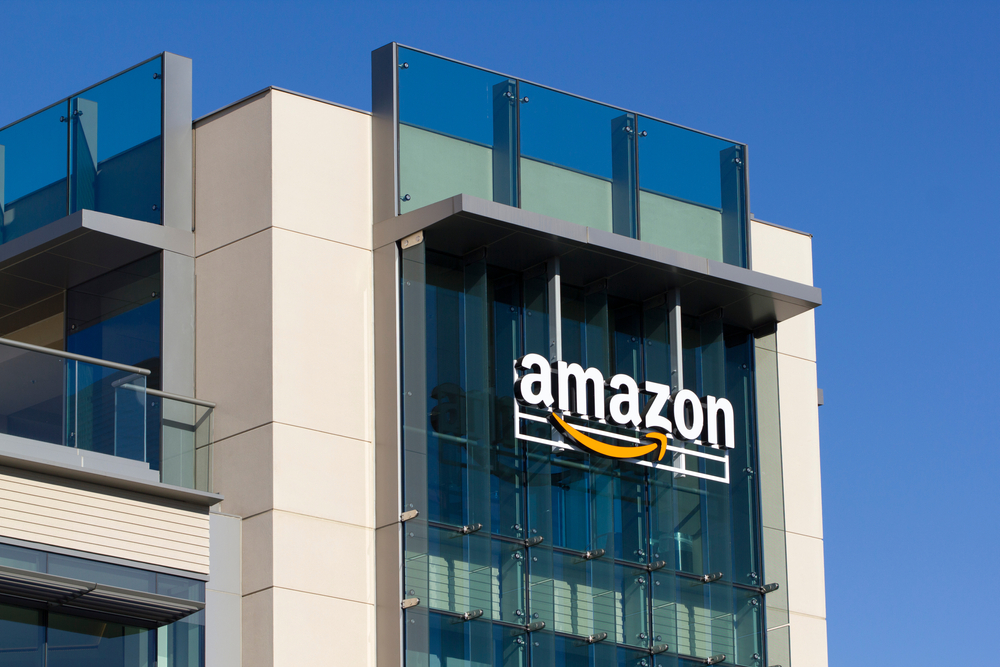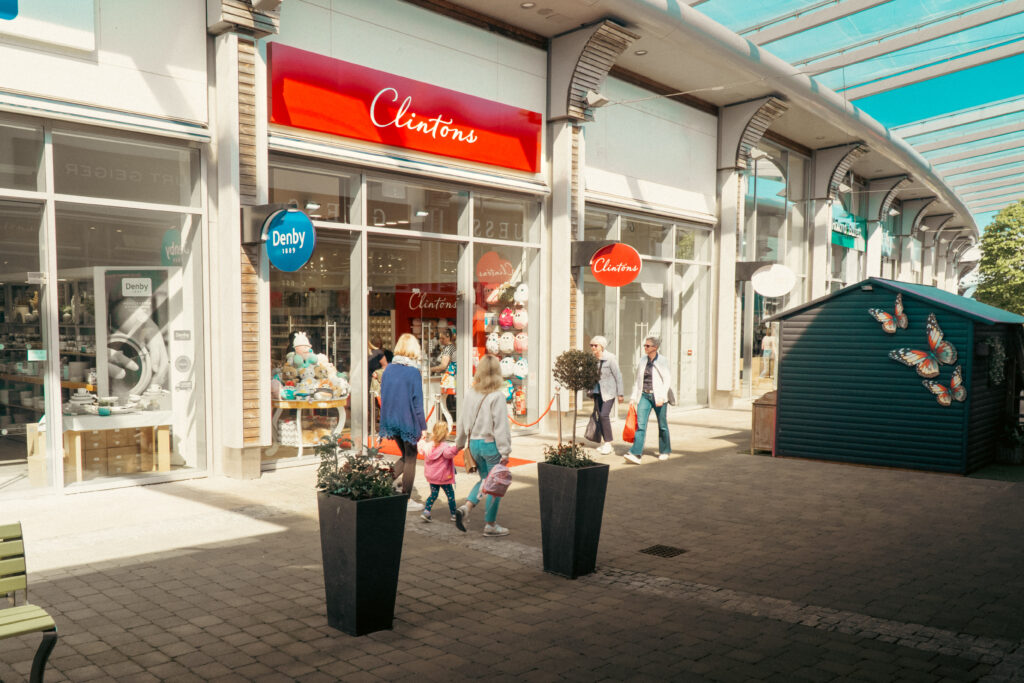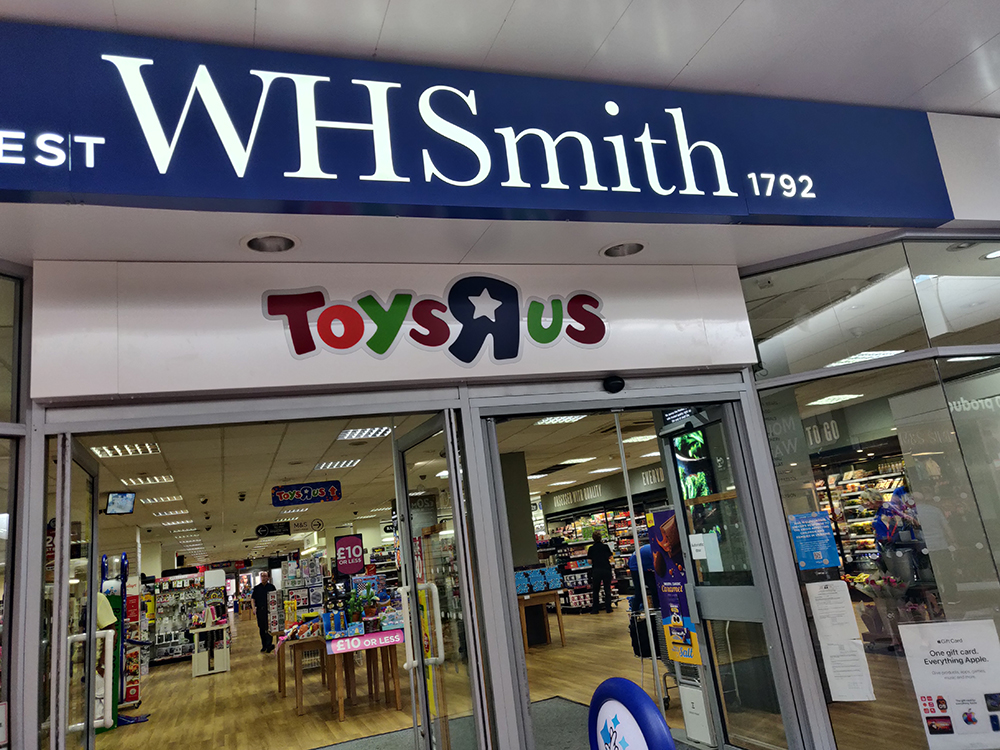The government’s consultation into whether the introduction of an online sales tax could help level the playing field between online and bricks-and-mortar retailers closed at the end of last week.
It has proven a divisive subject that has split many of retail’s big players. Retail Gazette looks at the case for and against.
The case for the online sales tax:
One thing retail is united on is the fact that the business rates system needs to be overhauled.
Just this week, property advisory firm Altus Group revealed that high street retailers pay 755% more in business rates than their online rivals.
For every £100 earned by large retailers, £2.91 is owed to local councils in business rates, compared to just 34p by online-only retailers.
The business rates burden is leading to store closures. According to The British Retail Consortium’s Retail, Rates and Recovery: How business rates reform can maximise retail’s role in levelling up report, published last September, 83% of retailers said it is ‘likely’, ‘very likely’ or ‘certain’ that they will close shops if business rates are not reduced.
Sainsbury’s chief financial officer Kevin O’Byrne told PA last week: “High business rates on shops is destroying high streets up and down the country. We urgently need fundamental business rates reform.
“We urge the government to introduce an online sales tax that funds a reduction in business rates for retailers of all sizes and levels the playing field between physical and online retailers.”
A Waterstones spokesperson agreed that an online sales tax could help the high street.
They told Retail Gazette:”The transfer of the burden of taxation from shops to online will save many shops from closure. How each retailer is impacted will depend, of course, on the level of the online sales tax.”

Waterstones acknowledges that its substantial online operation means it is likely to pay the same, or more tax in absolute terms but says independent retailers will benefit.
“Either way, more shops will be kept open to the benefit of local employment and the social fabric of communities, especially in more deprived areas of the country.
“Business rates are a perverse distortion that should have been addressed long ago by successive Chancellors and the introduction of an online sales tax is a logical and simple means to do so,” the spokesperson adds.
Waterstones is not alone. A survey from property specialist Colliers found that almost 90% of retailers back an online sales tax providing it eases the business rates burden.
Meanwhile, retail giants including Tesco, Sainsbury’s, The Co-op, Morrisons and Kingfisher have formed the Retail Jobs Alliance, a coalition to petition the government for a permanent business rates cut funded by the introduction of a new online tax.
The Retail Jobs Alliance insists that a cut in business rates would help retailers to invest in shops and jobs, and to keep prices down for customers as the cost of living soars, and an online sales tax would be acceptable as part of this rates reform.
It says: “A meaningful cut in the Shops Tax would make a big difference to retailers’ ability to invest more in the shops and stores that we know customers value, as well as to create jobs.
“This would make it easier for everyone in the retail sector to mitigate inflationary pressures, keep existing shops open and open new ones.”
The case against an online sales tax:
There are many dissenting voices in the online tax debate, and not just from pureplays.
A John Lewis Partnership spokesperson tells Retail Gazette:”While we support reform of business rates, we don’t think the solution should be an online sales tax, which is likely to raise the overall level of taxation on an already heavily taxed retail industry.”
It’s a sentiment shared by Marks & Spencer chief executive Steve Rowe.
“The simple fact is, you cannot tax people back to shops. You need to invest and adapt,” he writes in The Mail on Sunday.
Rowe goes on to equate an online tax as “a tax on our future”.
“As the future becomes as much about platforms as retailers, it is important the UK has its share of winning platforms that can compete globally.
“Disadvantaging UK based platforms will do nothing other than hand the market to the US and Chinese players and stunt one of the few innovative and growing segments of the UK economy,” he says.

Along with damaging the prospect of the UK’s online players on an international stage, Rowe also believes the tax will not provide a boost to stores.
“Introducing yet another tax will simply mean retailers cut their cloth accordingly, starting with the least profitable parts of their business.
“In the case of multichannel retailers this will sadly more often than not be high street stores, particularly in town centres already crying out for investment and jobs,” he says.
Finally, he argues that ultimately the online sales tax will mean that “hard-pressed consumers will shoulder a further tax on even essential items such as prescriptions, baby items and food staples”, which introduced now, as the cost of living surges, would be “morally bankrupt”.
Currys chief executive Alex Baldock agrees that the online tax will inevitably put additional pressure on consumers. He also believes it will hinder job creation in the retail sector.
“Now is not the time to put up taxes on retail, increasing the burden on an already overtaxed industry that is 5% of the economy but shoulders 10% of all business taxation, and on which 3 million jobs depend,” he says.
Meanwhile, Notonthehighstreet’s chief executive Claire Davenport warns the tax could hit the smaller retailers that have turned to online during the pandemic and those that have set up ecommerce ventures after losing their jobs in the crisis.
She told PA Wires: “A lot of small businesses have spent the past year trying to get online and set up their businesses – people who didn’t run a business before or have had to pivot because they’ve needed to go online.
“You don’t want to get in the way of people doing that. Penalising small businesses that are trying to follow a trend that’s happening in the market is not right.”
But, if an online sales tax is not the answer to easing financial pressure on stores, what is?
For Rowe, it comes down to three “quick wins”, which he believes the Treasury could easily implement.
“Rebase the multiplier for ALL rate payers to 35p down from the current unsustainable level of 51p.
“End downward transition so reductions in property value are reflected in rates immediately. Keep upwards transitional relief to help businesses deal with bigger bills, and fund it centrally – easy to do when the tax take is guaranteed to be the same level each year.”
“This will ensure ‘footloose’ multinationals – many of them tech companies – pay their fair share, and shopkeepers and innkeepers can continue to serve their communities.”
The issue of an online sales tax is clearly a contentious one. Which side of the fence do you sit on? Let us know in the comments below.
Click here to sign up to Retail Gazette‘s free daily email newsletter

















